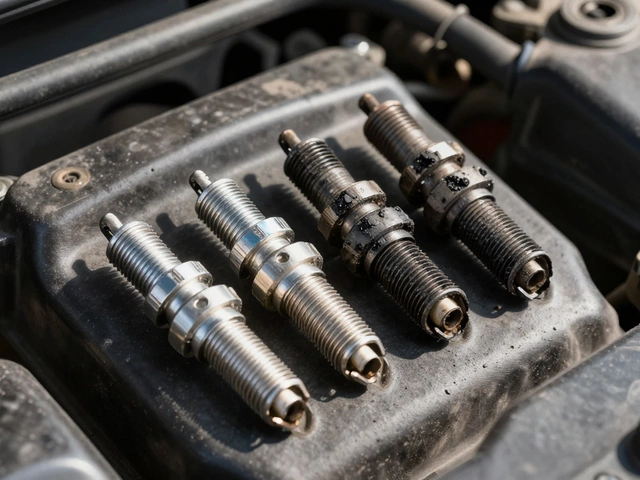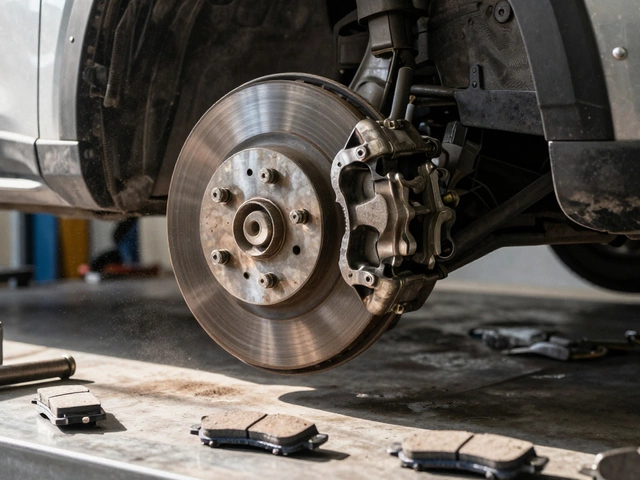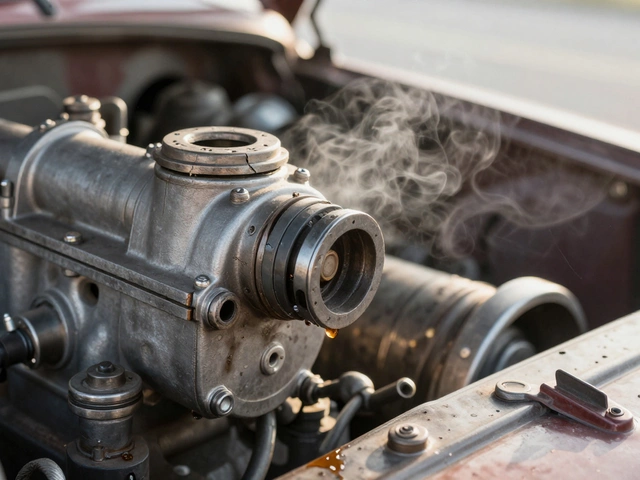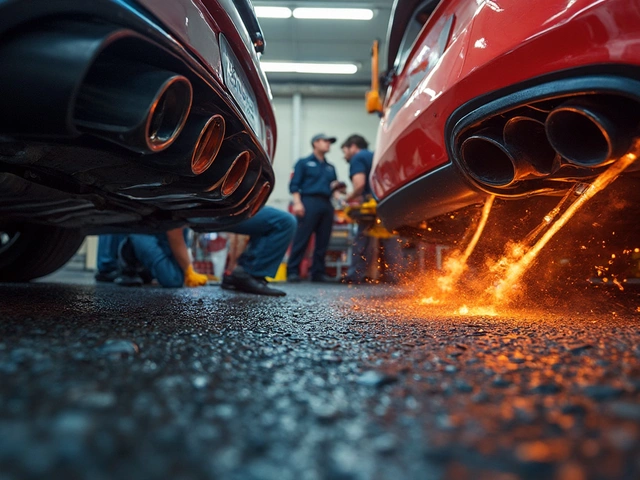Wheel Materials: What’s Best for Your Car?
If you’re thinking about new wheels, the first thing to ask is “what material should I choose?” Steel, alloy and carbon fiber each have strengths and drawbacks. This guide breaks them down so you can pick the right set without guessing.
Steel Wheels – Tough and Cheap
Steel wheels are the workhorse of the auto world. They’re heavy, but that weight helps keep the ride smooth on rough roads. The metal is cheap to make, so a whole set usually costs less than half of an alloy set. If you drive a daily commuter or need a spare for emergencies, steel is a safe bet. The downside is that they look plain and can rust if the paint chips off. Regular cleaning and a good undercoating keep rust at bay.
Alloy Wheels – Light and Stylish
Alloy wheels are made from an aluminum‑magnesium mix. They’re lighter than steel, which means less unsprung weight and better handling. The lower weight also helps fuel economy by a small margin. Most drivers choose alloy for the sleek look and the way they enhance brake cooling. The trade‑off is price – alloy wheels often cost two to three times more than steel. They’re also more prone to cracking if you hit a deep pothole, so avoid harsh impacts.
When deciding between steel and alloy, think about how you use your car. If you’re in the city, hitting curbs and potholes is common, so a sturdy steel wheel might save you a repair bill. If you love the feel of a responsive ride and want the car to look good, alloy is worth the extra spend.
Carbon Fiber Wheels – The Performance Edge
Carbon fiber wheels sit at the high‑end of the market. They’re extremely light, often 30% lighter than alloy, which gives the biggest boost to acceleration and handling. The material also doesn’t conduct heat like metal, so brakes stay cooler under hard driving. The catch is cost – a set can run into the thousands, and they’re fragile under impact. A single stone hit can cause a crack that’s hard to repair.
Because of the price, carbon fiber is usually reserved for track cars or enthusiasts who need every ounce of performance. For everyday driving, the benefit over alloy is minimal.
How to Choose the Right Set
Start by setting a budget. If you’re under $500 for a set, steel is the realistic choice. Between $500 and $1500, alloy gives you style and a handling edge. Anything above $2000 should be for a specific performance goal, like racing or heavy track use.
Next, think about your road conditions. Rough, gravel‑filled roads favor steel’s durability. Smooth highways let you enjoy alloy’s lightness. Finally, consider maintenance. Steel needs rust protection, alloy needs regular cleaning to prevent brake dust buildup, and carbon fiber needs careful handling and occasional professional inspection.In short, there’s no one‑size‑fits‑all answer. Match the material to your driving style, budget and road reality, and you’ll get wheels that last and perform the way you expect.

Understanding Alloy Wheels: What You Need to Know
Ever wonder what makes those snazzy wheels on your car stand out? Alloy wheels are more than just eye candy; they're a fusion of metals designed for strength and style. Discover how they're made, why they're popular, and how to maintain them for long-lasting allure. Get the lowdown on what sets them apart from regular wheels.
CONTINUE READING







